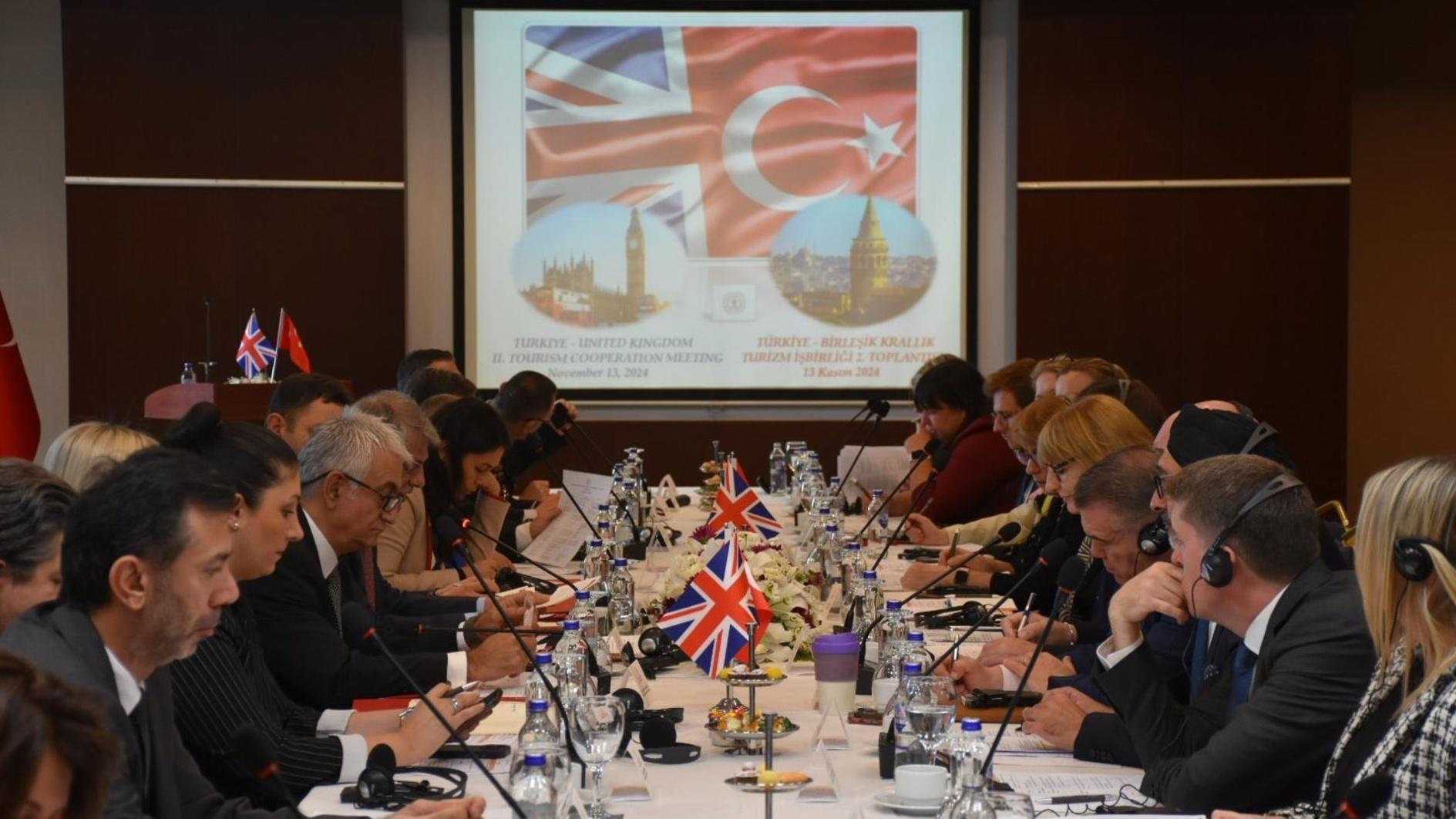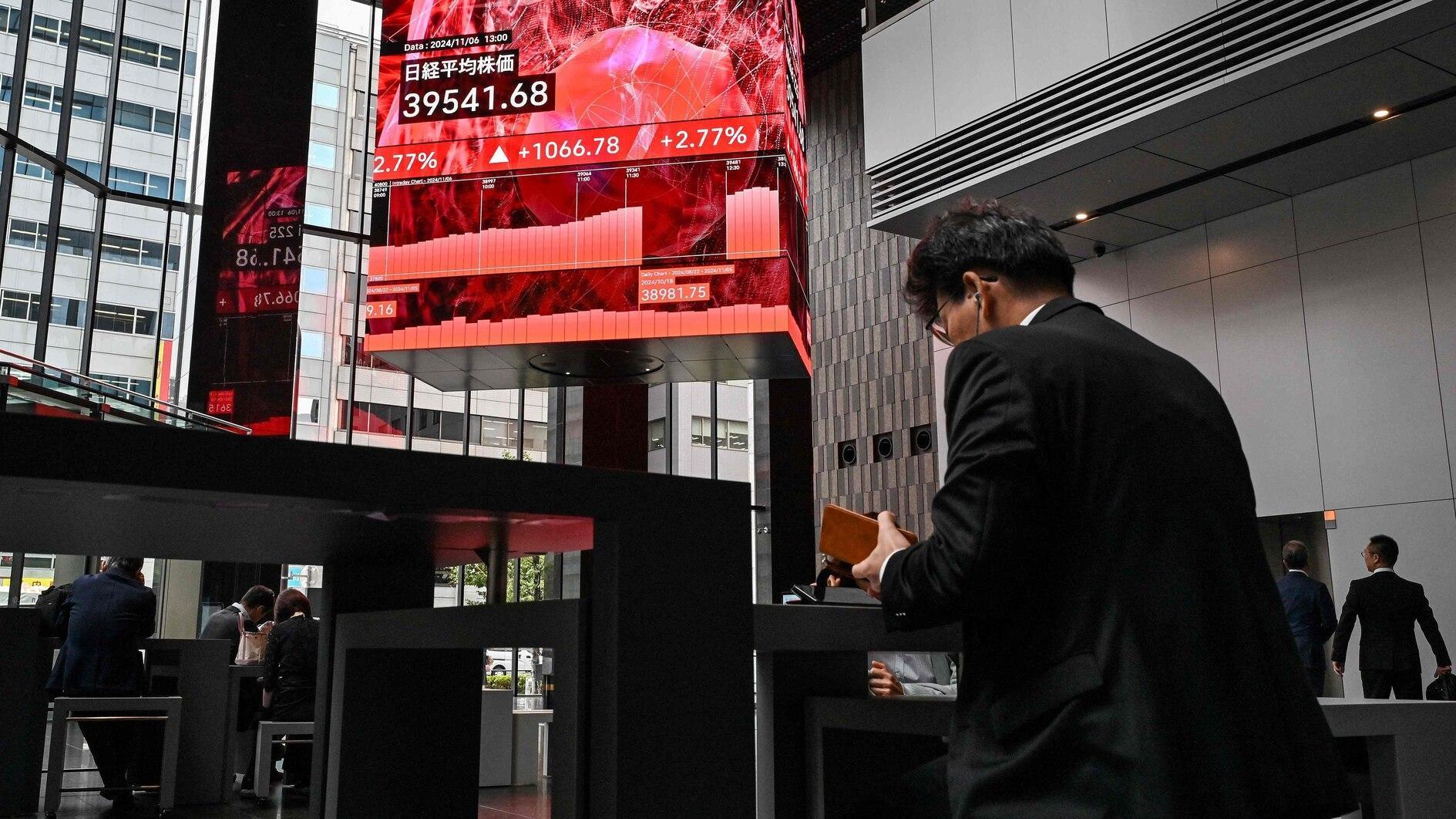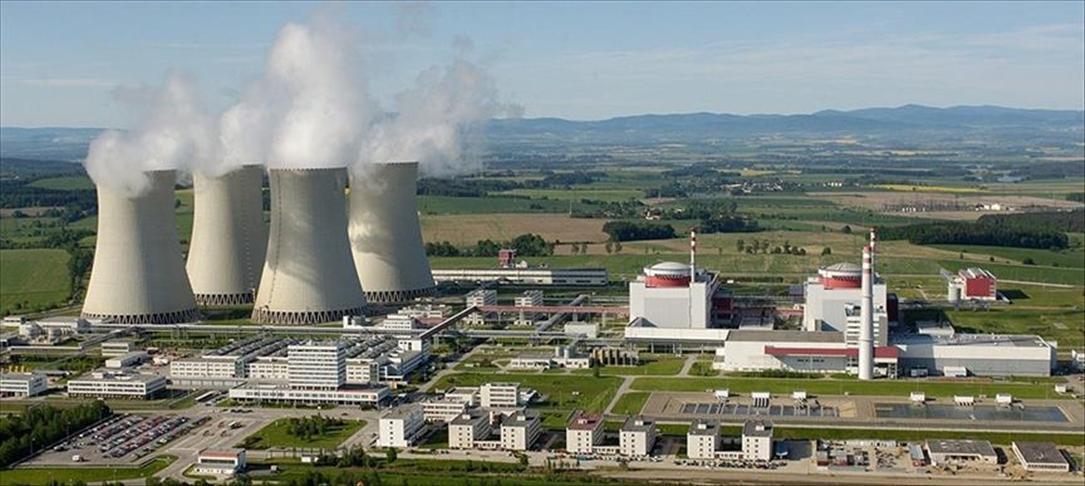An Ankara background story about Mosul and ISIL
On the 21st day of their captivity, 32 Turkish truck drivers were released on July 3, by militants belonging to the extremist Islamic State of Iraq and the Levant (ISIL) near Iraq’s second biggest city of Mosul in the north.
They were released with the efforts of the Turkish Foreign Ministry and the National Intelligence Organization (MİT), which have been in contact with local tribes under the control of ISIL, which announced an “Islamic State” and Caliphate in parts of Iraq and Syria on June 29.
Following the handover of the hostages into Kurdistan Regional Government (KRG) territory, Foreign Minister Ahmet Davutoğlu said Turkish efforts were continuing without rest for the release of another 49 citizens still being held, after they were captured by ISIL in a raid on the Turkish Consulate in Mosul on June 13.
A ranking government official, who asked not to be named, told the Hürriyet Daily News that they hoped the release of the Turkish consulate officials and their families would take place before the end of the Islamic holy month of Ramadan, which is July 27 this year.
Welcoming the release of a party of hostages, Turkish opposition parties asked the government not to use the release as propaganda material in Prime Minister Tayyip Erdoğan’s campaign, as he is running for the presidential elections, the first round of which will be held on Aug. 10.
The hostage crisis, which is not fully over yet, has added to Turkey’s problems regarding its neighbors in the south, Iraq and Syria.
The Syrian civil war has been negatively affecting Turkey’s Middle East policy for the last three years, with more than a million refugees in the country and also the security problems it poses. The ethnic and sectarian nature of the conflict in Iraq since the U.S.-led occupation in 2003 has turned into a full scale civil war, after ISIL recently attacked to capture Mosul and began advancing to Shiite regions further south.
According to Turkish sources, it was only a 1,000-strong ISIL militants, mostly “foreign fighters” who had crossed the border from Syria into Iraq in early June. However, after crossing they found tens and thousands of supporters belonging to Sunni Arab tribes embracing them, due to feelings of discrimination and humiliation by the Shiite-focused policies of Iraq’s Prime Minister Nouri al-Maliki. They believe that when more than 40,000 Iraqi soldiers supposed to defend Mosul evacuated in the space of a few days, ISIL was able to easily take over the city and people working at the Turkish consulate were trapped.
The Turkish Foreign Ministry considers the situation of the country’s southern borders a crisis with no easy solution any time soon. Turkey has to live with that, not only because of its border security and the Kurdish issue, which have serious reflections on Turkey’s own Kurdish problem, but also because the economic aspect of it. Turkey is an important outlet for Iraqi (and now Iraqi Kurdish) oil and gas to European markets and Turkey’s exports to Iraq were worth $12 billion in 2013. Ankara has been weighing up a shift in the federal structure of Iraq into a confederation of three parts: Kurdish in the north, Sunni Arab in the middle, and Shiite Arab in the south.
The changing of borders in the Middle East is a popular subject these days, but it may take a long time.











